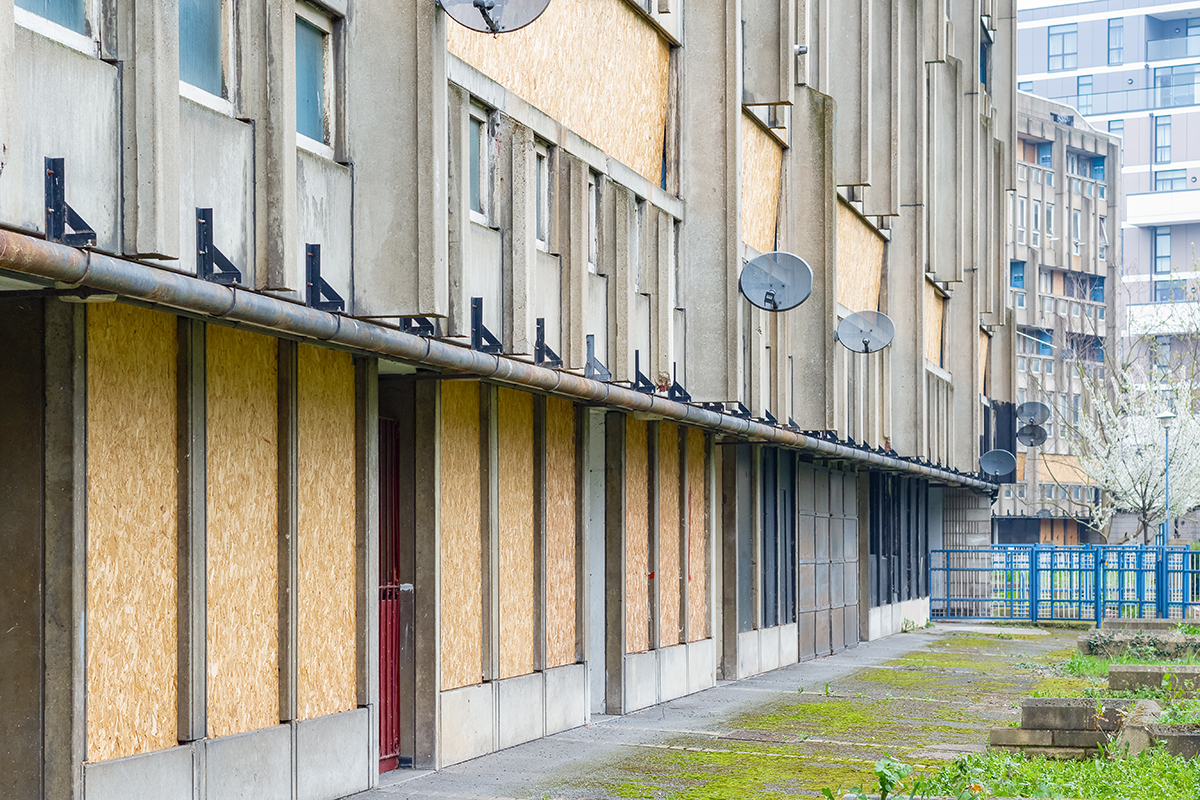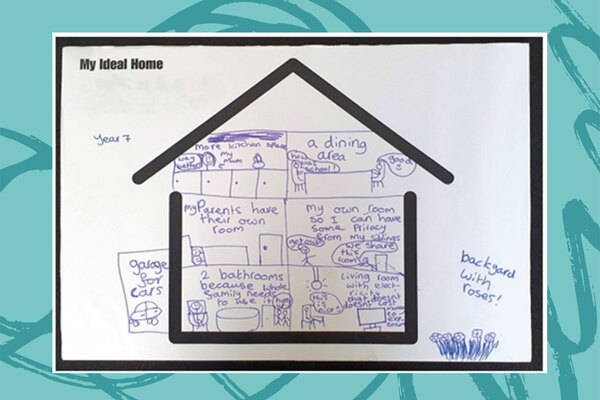You are viewing 1 of your 1 free articles
More than 250 lives saved by measures to protect homeless people during first wave of COVID-19, study shows
Hundreds of deaths were avoided during the first wave of the coronavirus crisis in England as a result of various measures introduced to protect people experiencing homelessness, a new scientific study has found.
Published in The Lancet, the study calculated that 266 deaths were avoided during the first wave among England’s homeless population, as well as 21,092 infections, 1,164 hospital admissions and 338 ICU admissions.
It predicted a further 164 deaths could be avoided if the measures to protect homeless people are continued until January 2021, with this number potentially rising if there is a second wave of COVID-19 in the general population.
The study compares the lack of outbreaks among the homeless population in England during the first wave of COVID-19 with reported outbreaks in homeless shelters in cities in the USA, including Boston, Seattle, San Francisco and Atlanta.
It points to the closing of dormitory-style accommodation and increased infection control in single-room accommodation as reasons for the lack of outbreaks in England.
In March, councils in the UK were ordered by the government to find self-contained accommodation for those sleeping on the streets and since then nearly 15,000 people have been accommodated in hotels or other types of emergency accommodation.
According to data from the Office for National Statistics, an estimated 16 homeless people died of coronavirus by the end of June.
Much higher numbers of coronavirus deaths within the homeless population have been reported in the USA. In July it was reported that at least 100 homeless people had died of COVID-19 in New York alone.
The authors of The Lancet’s study said that the two main implications for practice from its report are “that night shelters should not be reopened while there is sustained transmission of [COVID-19] in the community, and that heightened infection control measures in hostels should be continued even when incidence of COVID-19 is slow in the general population”.
Night shelter providers in the UK are currently working to redesign their services to ensure social distancing measures are in place when they reopen this winter. Many have warned that they will have to reduce how many people they are able to accommodate as a result of these measures.












